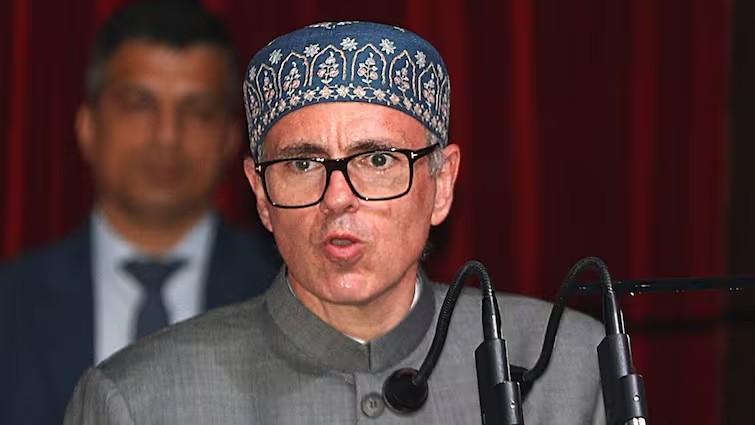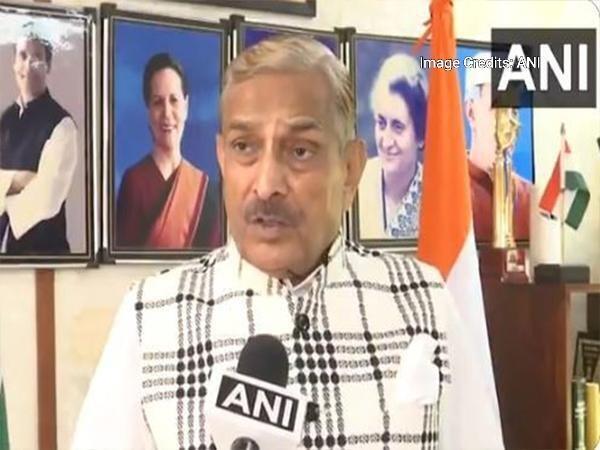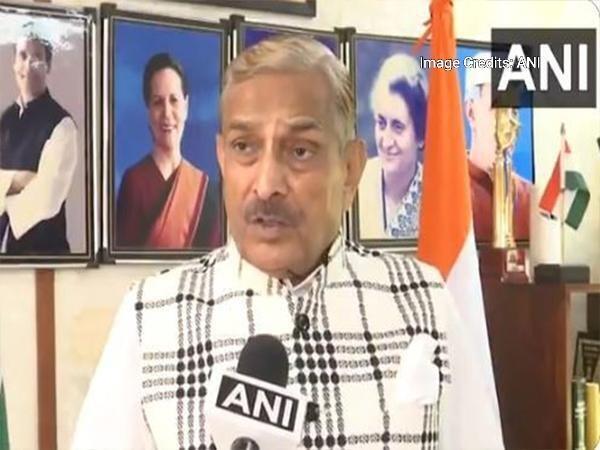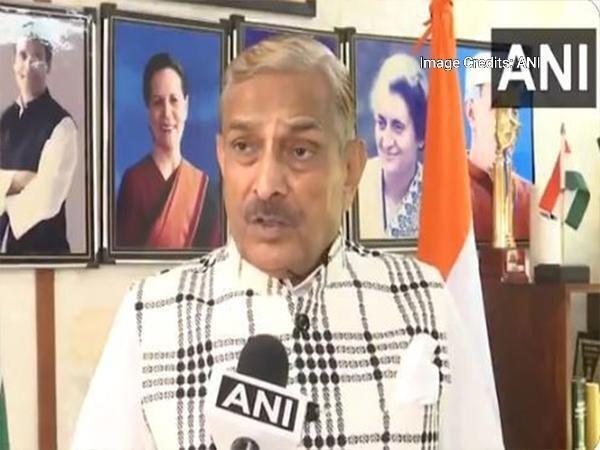
Normalcy in J&K post Art 370 abrogation is forced, not organic: CM
The abrogation of Article 370 in August 2019 was a landmark decision that had far-reaching consequences for the state of Jammu and Kashmir. The move, which effectively revoked the special status granted to the state, was aimed at integrating J&K with the rest of the country and promoting economic development in the region. However, the decision has also been met with widespread criticism and protests, with many arguing that it has led to a significant erosion of the state’s autonomy and a decline in the living standards of its residents.
In a recent statement, Jammu and Kashmir Chief Minister Omar Abdullah has added to the ongoing debate by claiming that the normalcy in the Union Territory (UT) following the abrogation of Article 370 is “forced” and not organic. According to Abdullah, the current situation in J&K is not a natural or spontaneous development, but rather a result of the Centre’s efforts to enforce normalcy in the region.
Abdullah’s comments have sparked a heated debate, with many arguing that his assertion is a reflection of his own biases and lack of understanding of the situation on the ground. However, it is important to examine the context in which Abdullah made his statement and the implications of his comments.
In his statement, Abdullah suggested that if what is happening in J&K is truly organic, then there is no need for the Centre to intervene and enforce normalcy. However, he also acknowledged that if the current situation is driven by fear, then there is a problem. Abdullah’s comments imply that the Centre’s efforts to promote normalcy in J&K are not based on a genuine desire to improve the lives of the people, but rather on a desire to assert its authority and control over the region.
Abdullah’s criticism of the Centre’s efforts to promote normalcy in J&K is not without merit. The abrogation of Article 370 has led to a significant erosion of the state’s autonomy, with many of the powers that were previously devolved to the state being taken away by the Centre. This has led to a decline in the living standards of the people of J&K, as well as a sense of disillusionment and frustration among the residents.
Furthermore, the Centre’s efforts to promote normalcy in J&K have been marked by a heavy-handed approach, with many allegations of human rights abuses and violations of democratic norms. The ongoing lockdown and communication blackout in the region have also had a devastating impact on the lives of the people, with many struggling to access basic necessities such as food, medicine, and healthcare.
In contrast, Abdullah’s own government had taken a more nuanced approach to addressing the challenges facing J&K. During his tenure as Chief Minister, Abdullah had worked to promote economic development and improve the living standards of the people. He had also taken steps to address the concerns of the people, including the implementation of welfare schemes and the promotion of inclusive governance.
Abdullah’s comments may also be seen as a reflection of his own party’s political interests. The National Conference (NC), which Abdullah leads, has been critical of the Centre’s decision to abrogate Article 370 and has demanded that the special status of the state be restored. Abdullah’s comments may be seen as an attempt to shore up support for the NC, which has been struggling to maintain its relevance in the wake of the Centre’s decision.
In conclusion, while Abdullah’s assertion that normalcy in J&K post Article 370 abrogation is forced and not organic may be seen as a reflection of his own biases, it is also a reflection of the reality on the ground. The Centre’s efforts to promote normalcy in J&K have been marked by a heavy-handed approach, and the ongoing lockdown and communication blackout have had a devastating impact on the lives of the people. It is essential that the Centre takes a more nuanced and inclusive approach to addressing the challenges facing J&K, and works to restore the state’s autonomy and promote the living standards of its residents.





